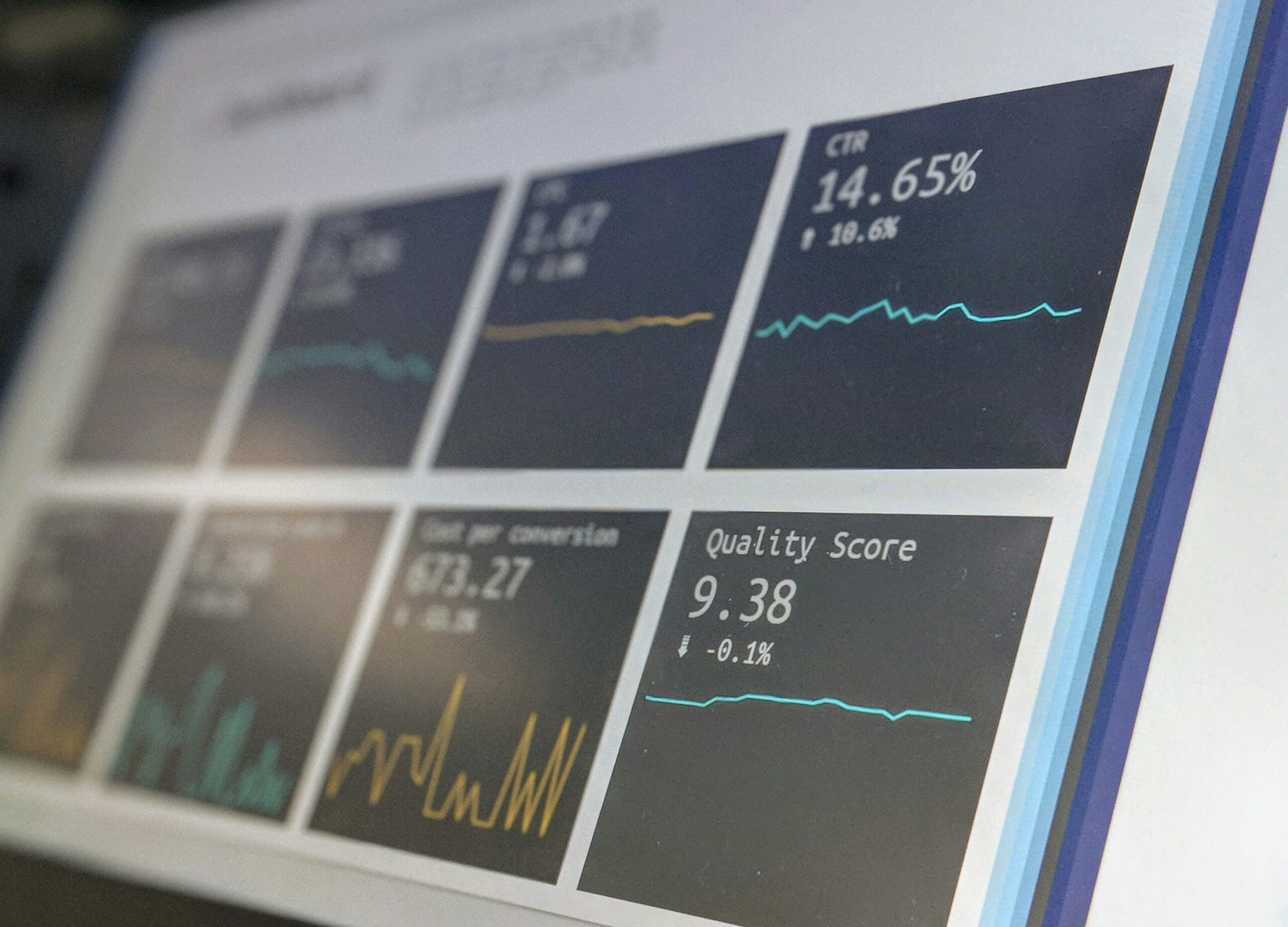The Gulf and the Red Sea offer access to the world’s connection. Saudi Arabia’s information and communications technology (ICT) market, is the largest in the Middle East and North Africa region and has a market value of over $32.1 billion. It is well-positioned to become a technology service and cloud hub with the ability to serve the European, Asian, and African markets.

Working in the Saudi ICT sector
Since 2019, Saudi Arabia’s digital regulatory framework has been rather fragmented. MCIT, SDAIA, and NCA developing several new regulations and policy frameworks about the cloud, cybersecurity controls, data management, e-commerce, and the internet of things. The strict data localization requirements here, which are at odds with international practices for privacy and data protection, are likely to have the biggest impact on the country’s ICT sector. These requirements could make doing business in this nation more expensive because businesses would have to build duplicate local infrastructure and find cloud-based applications to run their operations.
Regarding procurement, it is strongly advised that companies need to collaborate with a local company to keep track of business opportunities, navigate import and standard testing regulations, etc. Although U.S. exporters are not required to appoint a local Saudi agent or distributor to sell to Saudi companies, it is strongly recommended that they do so.
All government purchases in Saudi Arabia are governed by procurement law, including MCIT tenders. The procurement portal, Etimad, which acts as a consolidated repository for all government tenders, is managed by the Ministry of Finance. This also serves as the overall authority for the law and its execution.
Opportunities
To promote Vision 2030’s goal of digital transformation through e-commerce, digital education, digital health, smart cities, and e-government, MCIT seeks to develop a strong and cutting-edge digital infrastructure. This calls for the development of 25,000 new employees, a 50% growth in the IT industry and emerging technologies, and an increase of $13.3 billion in the sector’s GDP contribution. Additionally, it seeks to entice foreign investment and promote women’s involvement in this industry.
The Saudi ICT sector rose by 8% between 2019 and 2021, reaching a value of $32.1 billion, according to the International Data Corporation (IDC). According to IDC, spending in the industry will increase by 2.3 percent more in 2022, reaching a value of over $33 billion. With a greater emphasis on giga-projects, smart cities, and e-governance, growth is primarily being driven by digital transformation efforts in the government, telecom, finance, and oil and gas industries. Opportunities exist in artificial intelligence, cloud computing, cybersecurity, and the internet of things.
Leading sub-sectors
Below you will find the leading sub-sectors.
Cybersecurity
The International Telecommunication Union (ITU) reports that Saudi Arabia now possesses the Middle East’s largest cybersecurity sector. The cybersecurity industry here, which was estimated to be worth $3.6 billion in 2020, is anticipated to expand at a CAGR of 17.98 percent and reach $9.8 billion by 2026. Cyber attacks are still a big problem in Saudi Arabia. The most extensively targeted industries are those in the public sector, as well as those in finance, energy, and healthcare. Malware, DODS, and ransomware attacks are the most frequent types of attacks. The government has launched considerable steps to counter cybercrime in response to rising cyberattacks.
Internet and smart cities
By 2030, this nation hopes to be the most connected and digitalized country in the world. To that end, it is currently developing several smart cities, including NEOM, Red Sea, Qiddiya, Waad Alshamal, and SPARK. The International Data Corporation (IDC) projects that Saudi Arabia’s IoT industry would expand at a rate of 12.8 percent per year to $2.9 billion by 2025. Data centers, cloud computing, industrialized IoT, and artificial intelligence are some of the areas of attention. To rank among the top 100 cities worldwide, Saudi Arabia also plans to build smart infrastructure in five of its current cities.
Cloud computing
Cloud-based solutions must be given top priority by Saudi Arabian government organizations. The government’s intention to promote widespread cloud use throughout its public and private sectors was foreshadowed by the implementation of its Cloud First Policy in 2019. This was seen by the 16 percent growth rate of cloud services (the fastest-growing cloud segment in-market).






